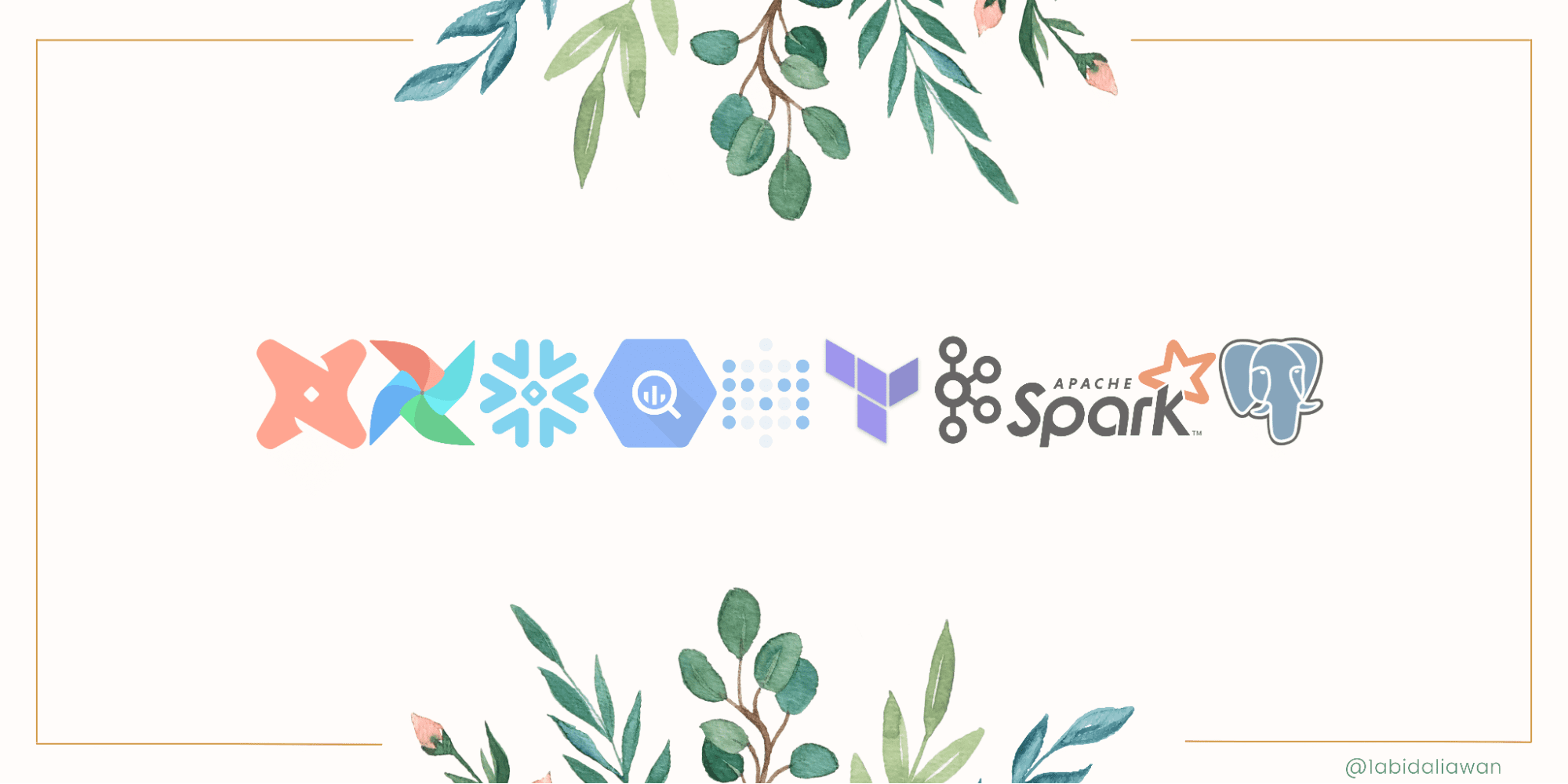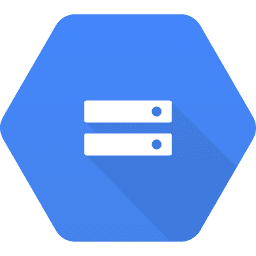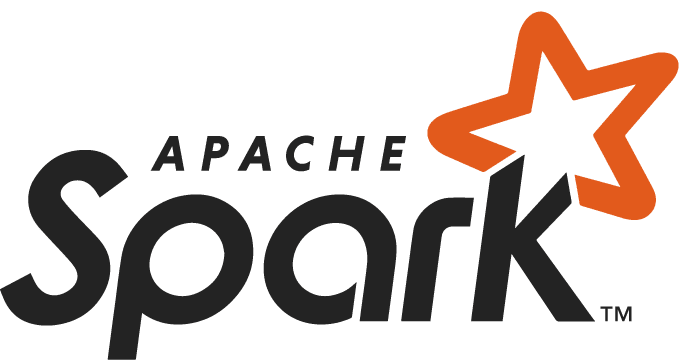10 Modern Data Engineering Tools
Learn about the modern tools for data orchestration, data storage, analytical engineering, batch processing, and data streaming.

Image by Author
dbt

dbt allows data engineers to model and transform the data within a warehouse using SQL. It is responsible for the transformation part of ETL.
You get to develop models using SQL select commands, test and document and deploy using a safe dev environment. dbt promotes Git-enabled version control and team collaboration.
Create your first dbt project by following the Intro to Data Build Tool (dbt) tutorial.
Airflow

Apache Airflow is a platform that allows data engineers to create, schedule, and monitor workflows. The workflows can be complex data pipelines consisting of Directed Acyclic Graphs (DAGs) tasks. The Airflow will make sure each job is executed in the correct order at a particular time and gets the required resources. You can also monitor and fix issues using a graphic user interface (GUI).
Learn more about Airflow by taking the Airflow beginners course on Youtube.
Snowflake

Snowflake is the enterprise-ready cloud data warehouse. It allows data engineers to store data and perform analytics tasks such as ETL. It automatically up and down size resources to optimize the cost without sacrificing the performance.
Snowflake includes managed infrastructure, scalability, automatic clustering, and integration with famous programming languages such as Javascript, Python, and R. It comes with three-layered architecture: database store, query processing, and cloud services.
Learn more about Snowflake by following a simple tutorial on YouTube.
BigQuery

BigQuery is a serverless cloud data warehouse designed for large datasets. Building data lakes in BigQuery have become simple, fast, and cost-efficient. The integration with Data studio allows data engineers to visualize processed data tables simple and fast. It comes with BigQuery ML, geospatial analytics, a BigQuery BI engine, and connected Google Sheets.
BigQuey allows you to run petabytes scale SQL analytics queries to gain critical business insights.
Learn more about BigQuey by following Google Big Query tutorial on YouTube.
Metabase

Metabase is an open-source BI (Business Intelligence) tool that lets your team ask questions and learn from the data. You can run complex SQL queries, build interactive dashboards, create data models, and set up alerts and dashboard subscriptions. It also allows you to analyze the data in a data warehouse. Metabase is quite popular among developers with 29k stars on GitHub.
Learn more by following the Metabase tutorial on YouTube.
Google Cloud Storage (GCS)

Google Cloud Storage is secure and scalable object storage that lets you save images, documents, spreadsheets, audio, video, or even websites. You get to enjoy unlimited storage space, and the price depends on your usage. It is quite beneficial for startups and SMEs. The object is an immutable file that is stored in a container called a bucket. The buckets are associated with projects, and you can group projects into the organization.
Learn more by following the Google Cloud Storage tutorial on YouTube.
PostgreSQL

PostgreSQL is an open-source database that is both reliable and flexible. It supports both relational and non-relational databases. PostgreSQL is the most compliant, stable, and mature relational database. It comes with performance optimization and scalability, concurrency, supports multiple programming languages, and disaster and recovery management.
Learn more by following the Learn PostgreSQL tutorial on YouTube.
Terraform

Terraform by HashiCorp is an open-source IaC (Infrastructure as Code) tool that lets you define cloud and on-premise resources using configuration files. These files can be versioned, reused, and shared. It allows data engineers to codify infrastructures and implement best DevOps practices such as version control, continuous integration, and continuous development.
Data engineers can define resources across multiple cloud platforms, create and monitor execution plans, and finally, perform operations in the correct order.
Learn more by following the Terraform Course - Automate your AWS cloud infrastructure tutorial on YouTube.
Kafka

Apache Kafka is an open-source event streaming platform that allows data engineers to create high-performance data pipelines, streaming analytics, and data integrations. More than 80% of fortune 100 companies use it to build real-time streaming data pipelines and applications. Kafka allows applications to publish and consume a high volume of record streams efficiently and durably. It has high throughput, low latency, and fault tolerance.
Learn more by following the Learn Kafka | Intellipaat tutorial on YouTube.
Spark

Apache Spark™ is an open-source, multi-language data processing engine for large datasets. It allows you to run data engineering, data science, and machine learning processes on a single node or cluster.
The key features of Sparks:
- Batch/streaming data using preferred programming languages (Scala, Java, Python, and R)
- Fast SQL analytics
- Exploratory data analysis on petabyte-scale data
- Developing and deploying scalable machine learning solutions
Learn more by following the PySpark tutorial on YouTube.
Conclusion
Data engineering is the fastest-growing and highly paid career. The top tech companies in the USA pay USD 177k+ per year to qualified data engineers - indeed.com. To grow in the field of data engineering, you must learn and master in-demand tools.
I am still learning about data engineering and how it is important for data-driven companies. The list of tools I have mentioned is used by highly experienced data engineers who work for top tech companies.
If you are new to data engineering, complete the data engineering zoomcamp to understand the tools, best practices, and theory. The zoomcamp will help you understand how these tools work together in a typical data engineering project.
Abid Ali Awan (@1abidaliawan) is a certified data scientist professional who loves building machine learning models. Currently, he is focusing on content creation and writing technical blogs on machine learning and data science technologies. Abid holds a Master's degree in Technology Management and a bachelor's degree in Telecommunication Engineering. His vision is to build an AI product using a graph neural network for students struggling with mental illness.
